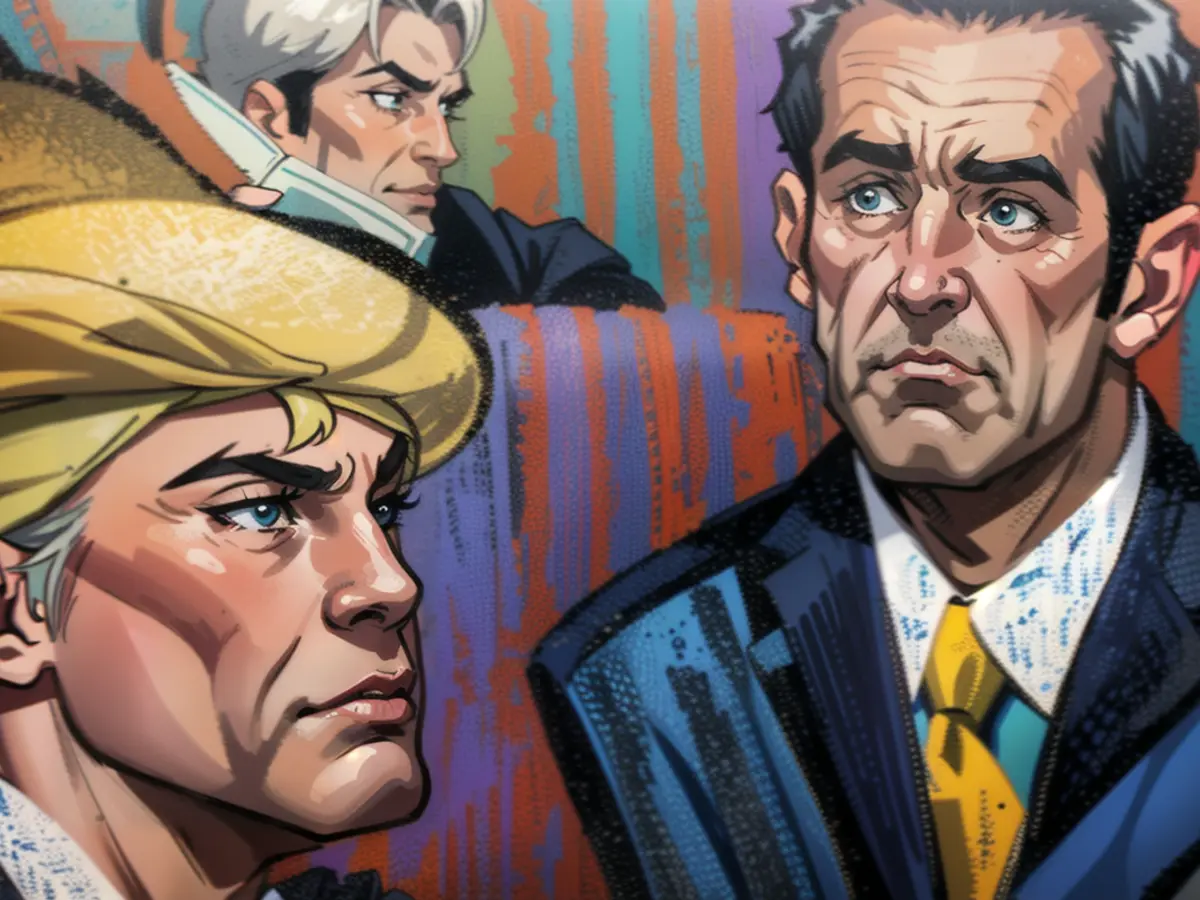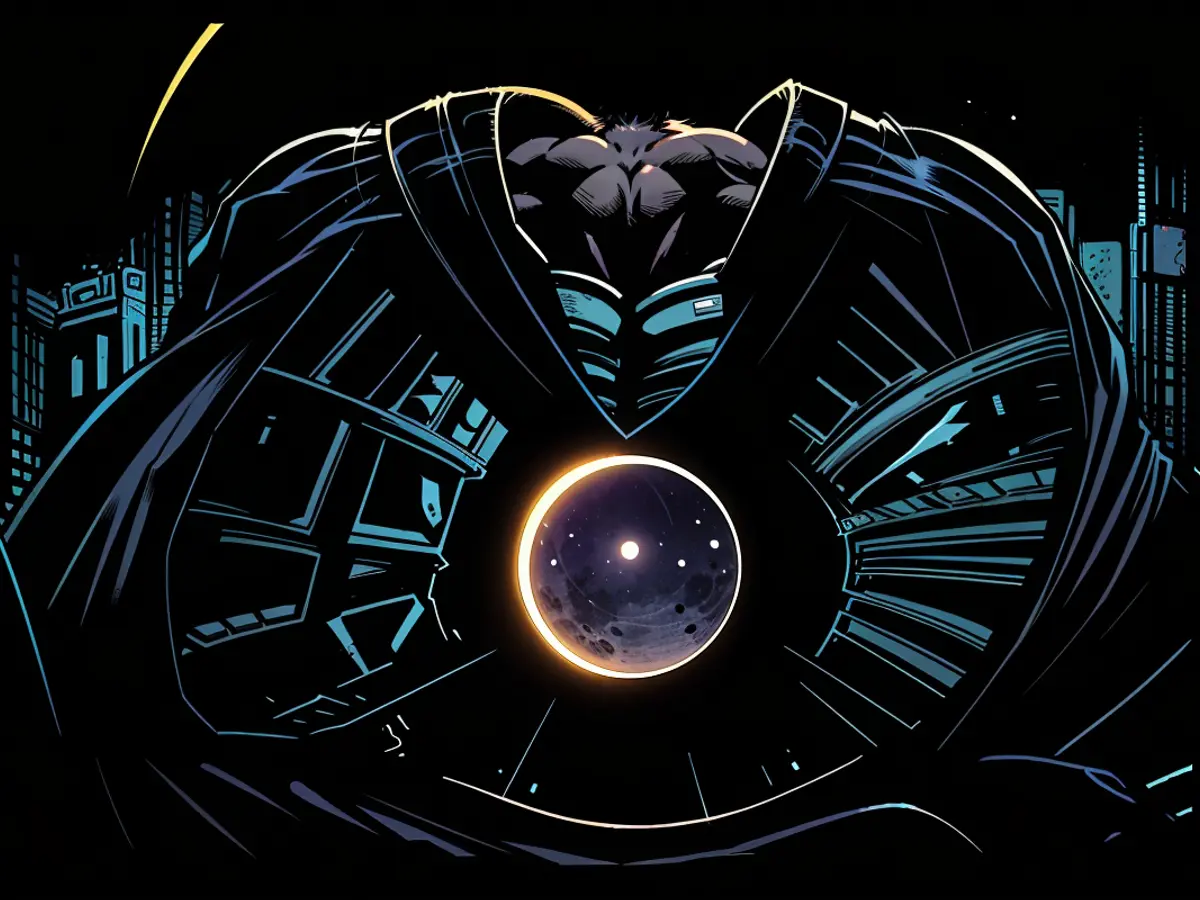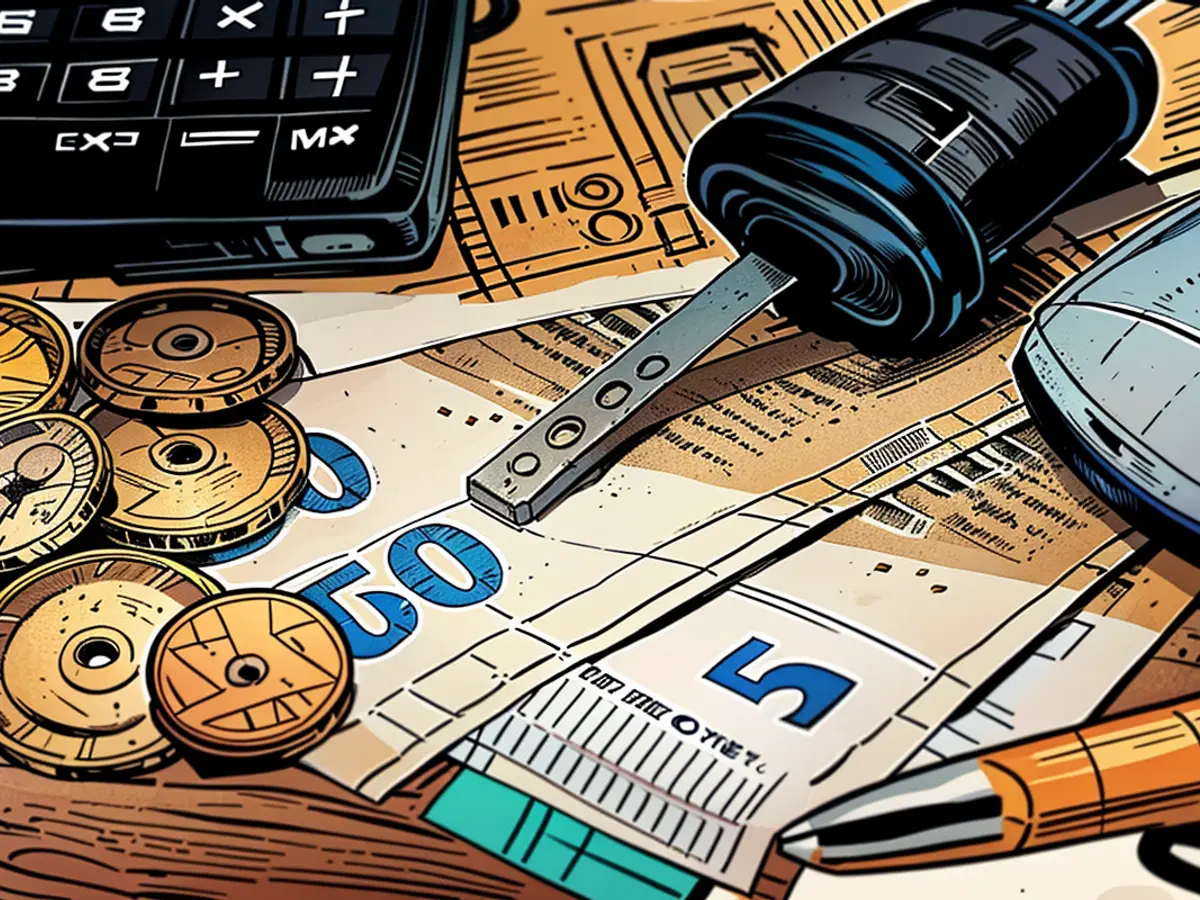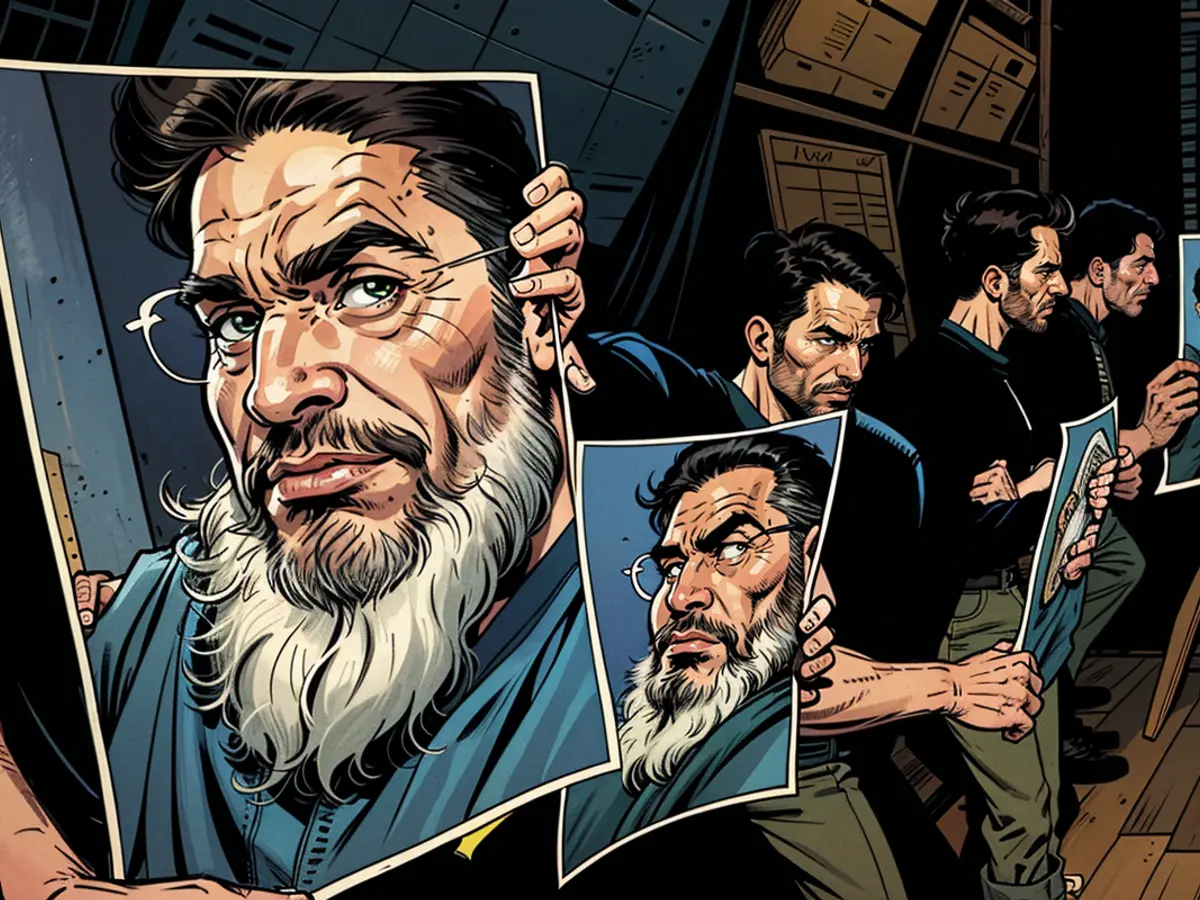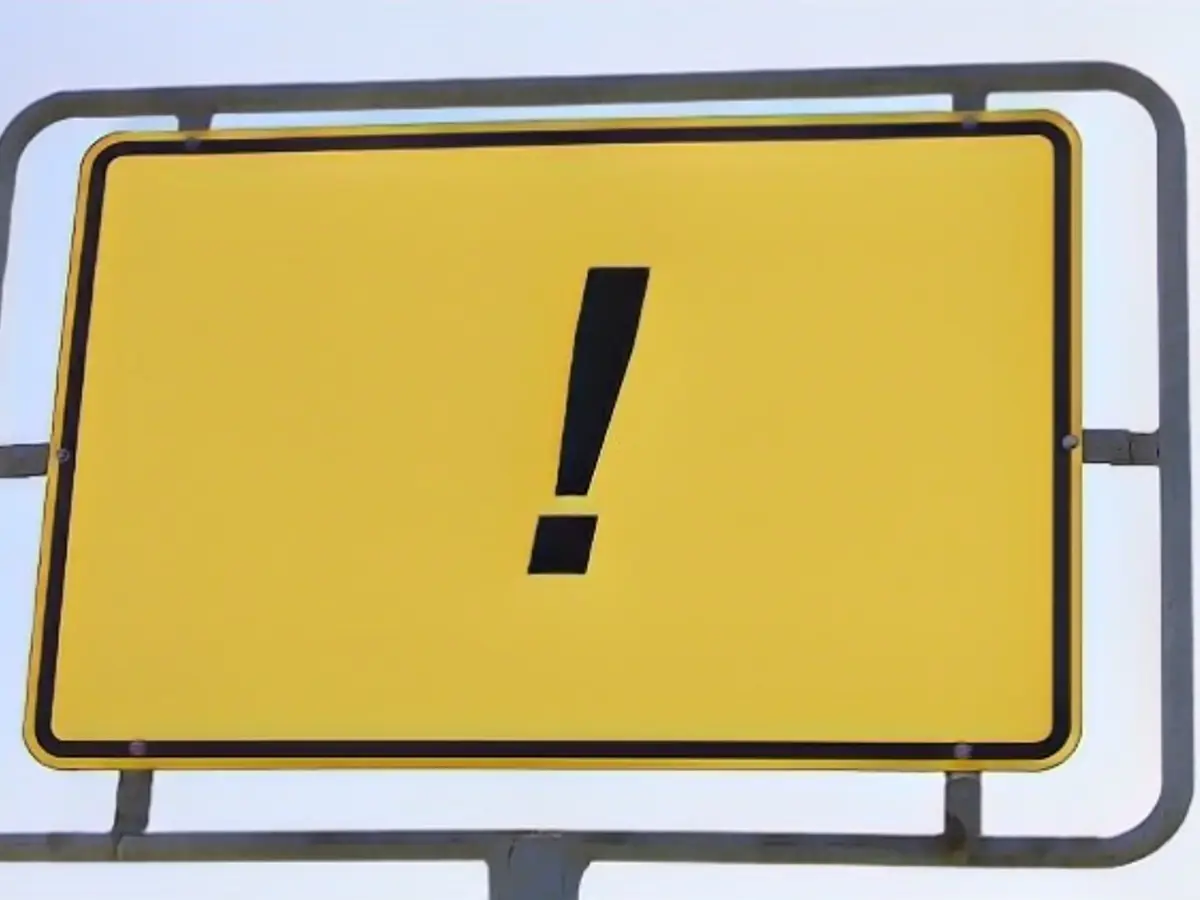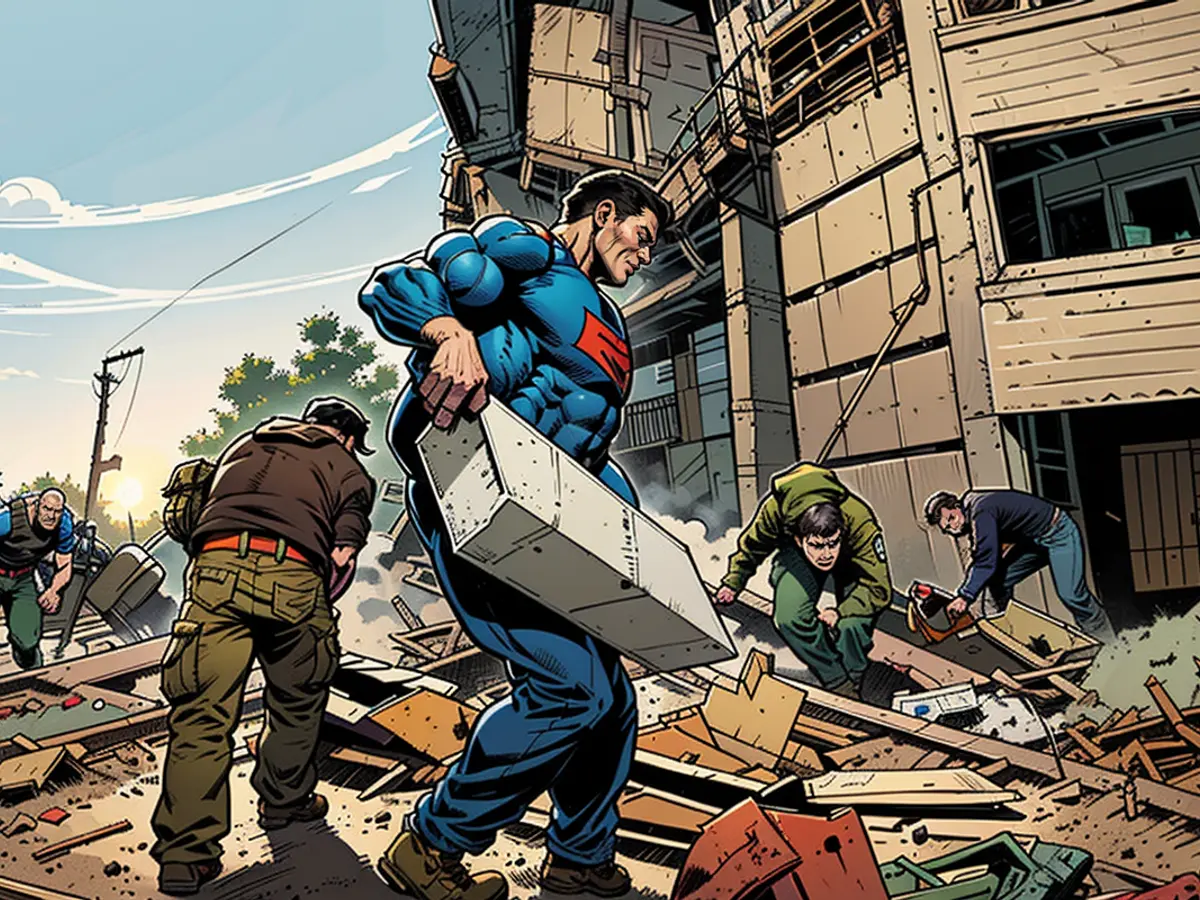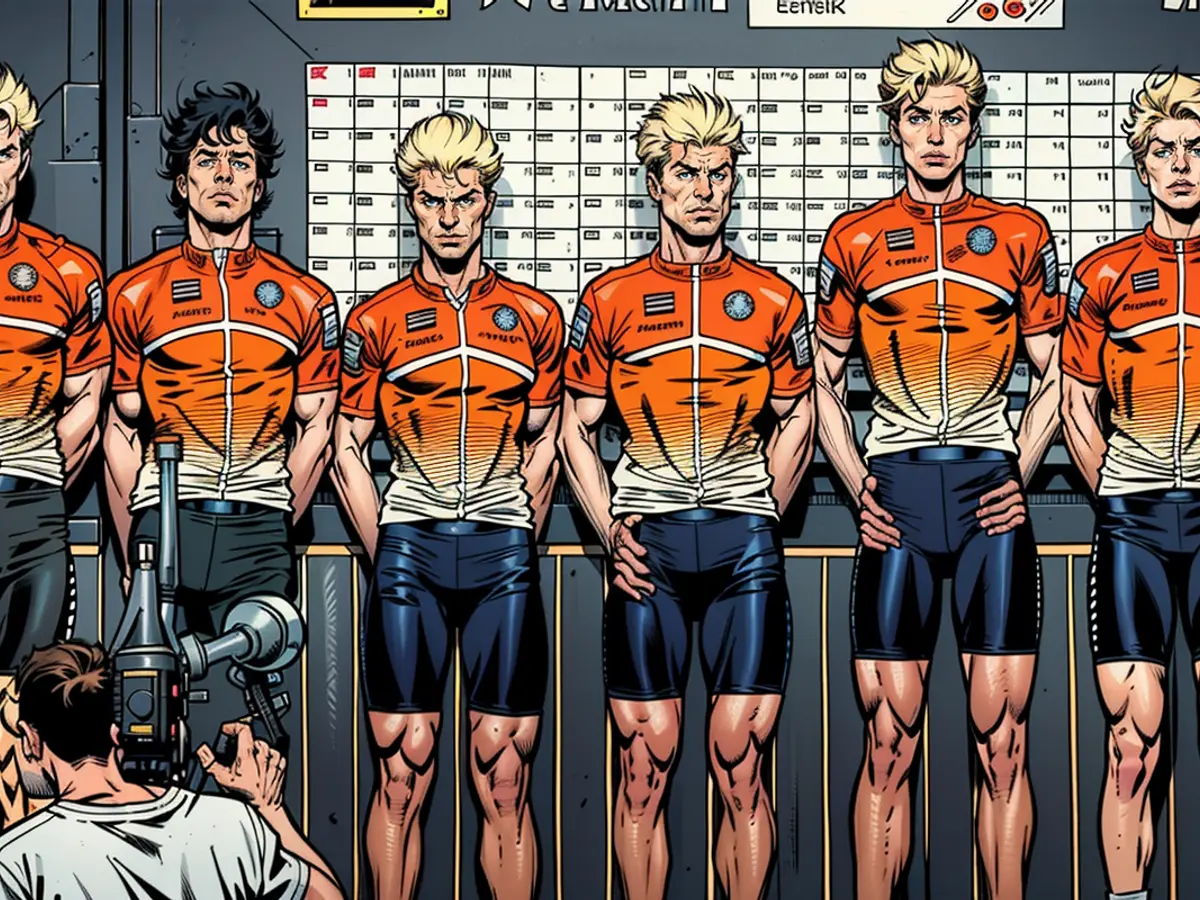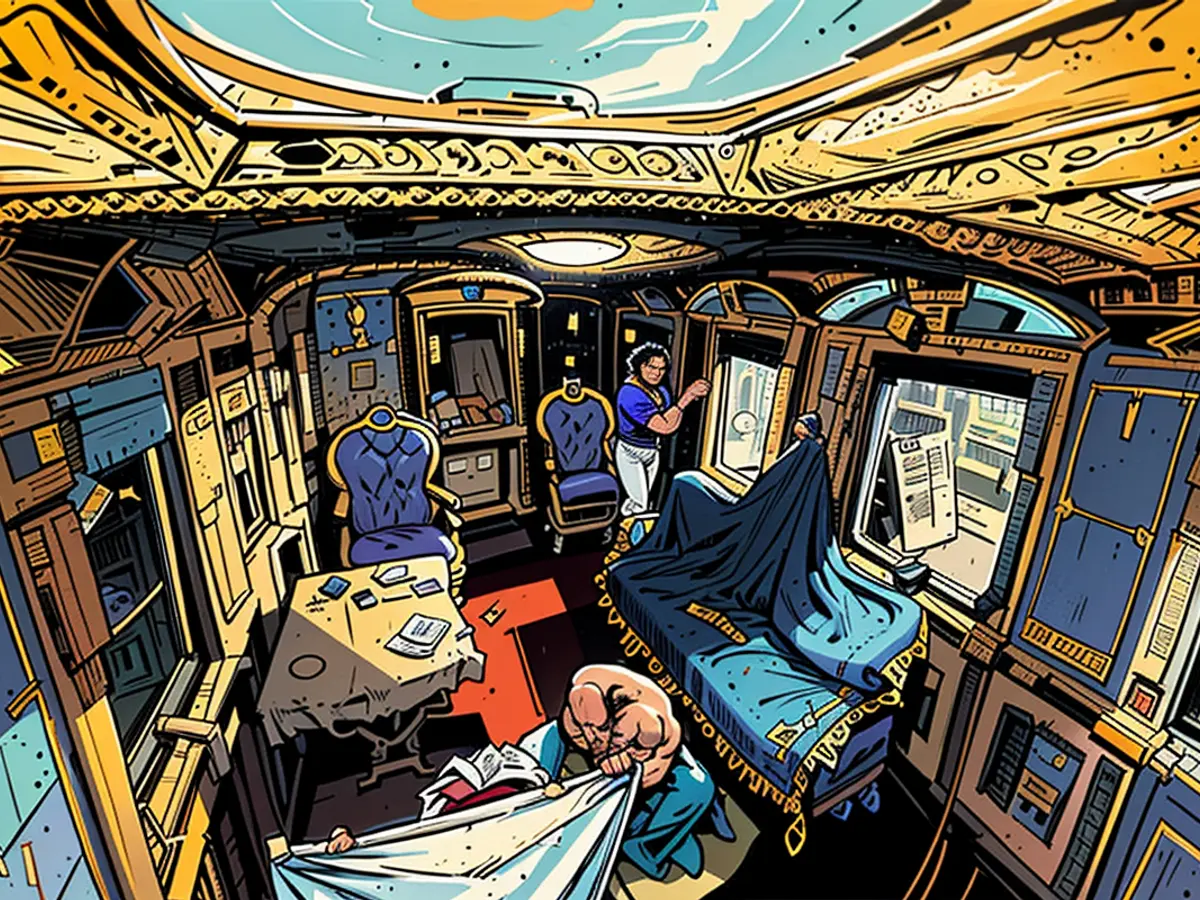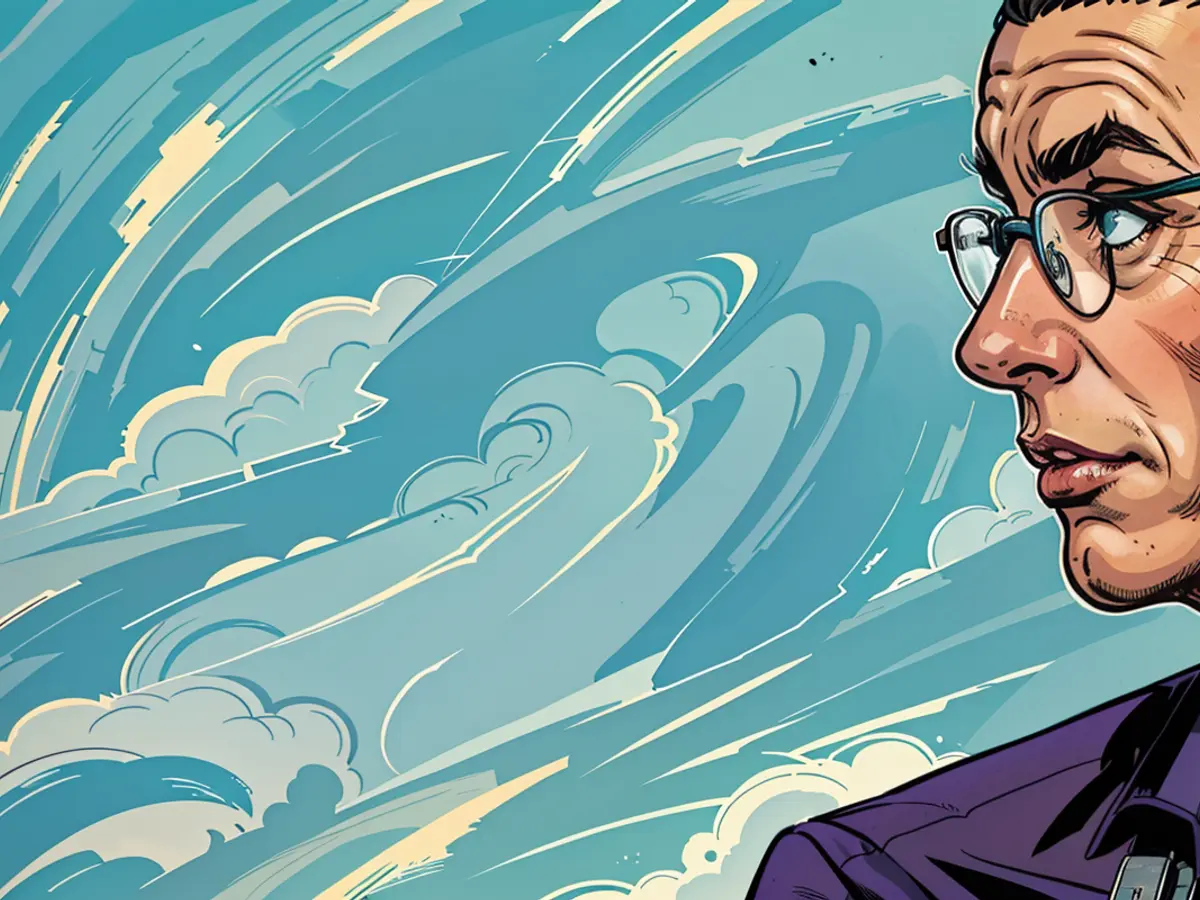Viewpoint: I've switched my perspective on the hurdle the prosecution faces in convicting Donald Trump. Here's my reasoning.
On Thursday, Cohen stumbled during cross-examination, seemingly leaving out crucial details about a phone conversation he claimed to have had with Trump in October 2016 regarding the payment to keep Stormy Daniels quiet. This encounter between Trump's lawyer, Todd Blanche, and Cohen marked the biggest setback for the prosecution so far.
Thus far, the prosecution has effectively defended Cohen's expected testimony by introducing other witnesses to back up crucial facts and shed light on Trump's motives or potential complicity in the alleged attempt to silence Daniels. Witnesses like the former CEO of the National Enquirer's publisher, David Pecker; her lawyer, Keith Davidson; Trump's former aide and campaign communications director, Hope Hicks; and even Daniels herself were called to testify.
However, what the prosecution has yet to establish is a second key witness to confirm that Trump sought to deceive his records to cover up another crime. Cohen's testimony has thus far proven the components of this alleged "other crime," namely, that the hush money payments stemmed from a conspiracy to influence the election or make an illegal campaign contribution. But to secure a conviction, the DA also needs to prove the actual business records crime, for which Trump currently faces 34 counts of falsifying business records in the first degree (he has pleaded not guilty).
Cohen claimed, during his testimony, that three individuals were present in the Trump Tower meeting after the 2016 election to discuss his expected reimbursement for Daniels' payment: Cohen, Trump, and Allen Weisselberg, who was then the CFO of the Trump Organization. Cohen's credibility is questionable, so the prosecutors' strongest move would be to call a second witness to verify his claims about Trump agreeing to reimburse him through the Trump Organization as a business expense. Weisselberg was Trump's right-hand man while he served as CFO, but he is currently serving time at Rikers Island due to a perjury conviction related to his testimony in Trump's civil fraud case.
If the prosecution were to call Weisselberg as their witness, he could serve as the vital piece of evidence to substantiate Cohen's account. However, the DA faces a potential problem with Weisselberg's credibility. In front of the judge, outside the presence of the jury, the DA's office acknowledged that Weisselberg's "interests right now are very aligned with the Defendant's," hinting that they don't anticipate him telling the truth on the stand. Since the DA is not permitted to discredit their own witness, it is unwise for them to call Weisselberg. This gap in the prosecution's case may leave room for doubt in the jurors' minds.
It's highly improbable that Trump will testify to provide his version of events. He seems to have grown accustomed to the tempo of the trial and has chosen to listen to his attorneys and exercise his right to remain silent. With so much at stake, he wouldn't risk answering questions about his alleged affair with Daniels and his connection to Pecker, who appears to possess an abundance of Trump's secrets. Testifying would force him to revisit the sensitive details of the prosecution's case.
While Cohen effectively explained the initial half of the scheme - to affect the election by purchasing Daniels' silence and maintaining her story's secrecy - he lacks the knowledge about what occurred when the business records were created. He was a lawyer at the time, not a bookkeeper, and had no involvement with the Trump Organization after the 2017 reimbursements began. If any juror is unsure about whether Trump was involved in how Cohen's payback was logged on the business records or by whom, there will be a hung jury, allowing Trump to avoid conviction.
Madeleine Westerhout, who was once Trump's personal secretary in the Oval Office, provided the defense team with its most significant advantage. She testified that Trump would sometimes multitask, even signing checks while on the phone or engaging in other activities.
Defense attorneys can argue that by this point, Trump was focused on running the presidency in DC and no longer involved in the day-to-day activities of the Trump Organization. If Trump simply signed checks placed before him without thorough examination, they may assert that there was no intention to deceive his business records. Essentially, the prosecution is left to rely on Cohen's testimony. This uncertainty might not be enough to obtain a conviction.

Read also:
- This will change in December
- Dikes withstand water masses so far - Scholz holds out the prospect of help
- Fireworks and parties ring in 2024 - turn of the year overshadowed by conflicts
- Attacks on ships in the Red Sea: shipping companies avoid important trade route
Despite varying opinions among legal experts about the impact of Cohen's testimony, some believe that without a second witness corroborating his claims, the prosecution may struggle to secure a conviction. The defense could argue that Trump's signature on checks without thorough examination suggests a lack of intentions to deceive business records, resulting in uncertainty and potentially leading to a hung jury.
Source: edition.cnn.com
